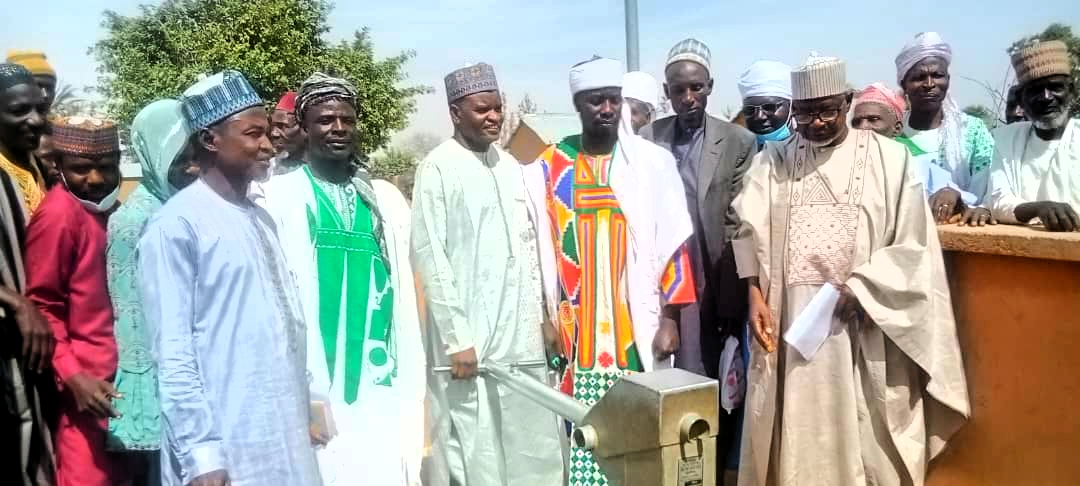By Ahmed Ahmed
Thirty communities in Tafawa Balewa Local Government Area of Bauchi State have been provided with water facilities to promote water, sanitation, and hygiene for healthy living.
The project, executed by WaterAid Nigeria with funding from Armani Beauty Project, is expected to serve at least 15,000 people in the 10 clusters that make up the thirty benefiting communities.
Mrs Victoria Ali, Sanitation Facilitator of WaterAid Nigeria, the project aims to promote healthy living in rural areas.
She emphasized the importance of proper use and maintenance of the facilities to prevent water-borne diseases, particularly cholera, among children.
The State Commissioner of Water Resources, Abdulrazak Nuhu Zaki, commended WaterAid Nigeria for its interventions in the state,
“Which have complemented the government’s efforts in promoting water, sanitation, and hygiene services.
Zaki represented,General Manager of Rural Water Supply and Sanitation Agency (RUWASSA), Adamu Sabo, advised the communities to practice good hygiene, including regular handwashing, to prevent disease outbreaks.
He also emphasized the need for communities to contribute to the maintenance of the facilities.
The project has received praise from community leaders, including the Chairperson of Tafawa Balewa LGC, Samaila Wakili, who commended WaterAid Nigeria and its partners for complementing the government’s efforts in promoting healthy living.
The provision of water facilities is expected to have a significant impact on the health and well-being of the communities, particularly children and women.
The project is also expected to promote economic development in the area, as access to clean water will enable communities to engage in productive activities.
In addition, the project has provided training to local mechanics on how to handle emergency repairs of the boreholes, ensuring that the facilities remain functional and provide a reliable source of clean water to the communities.
The successful implementation of the project is a testament to the effectiveness of collaboration between government agencies, non-governmental organizations, and local communities in promoting sustainable development and improving the lives of rural communities.





